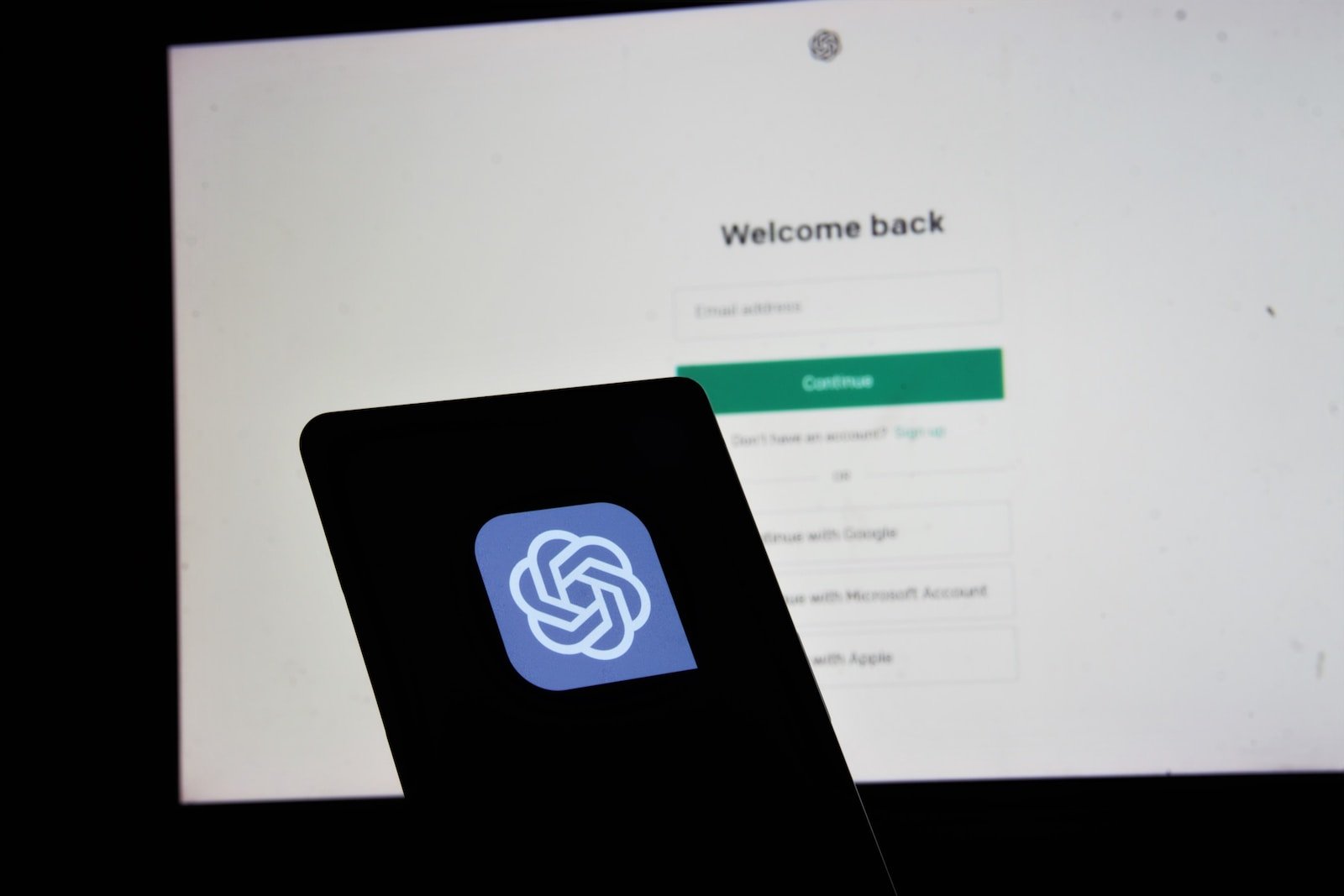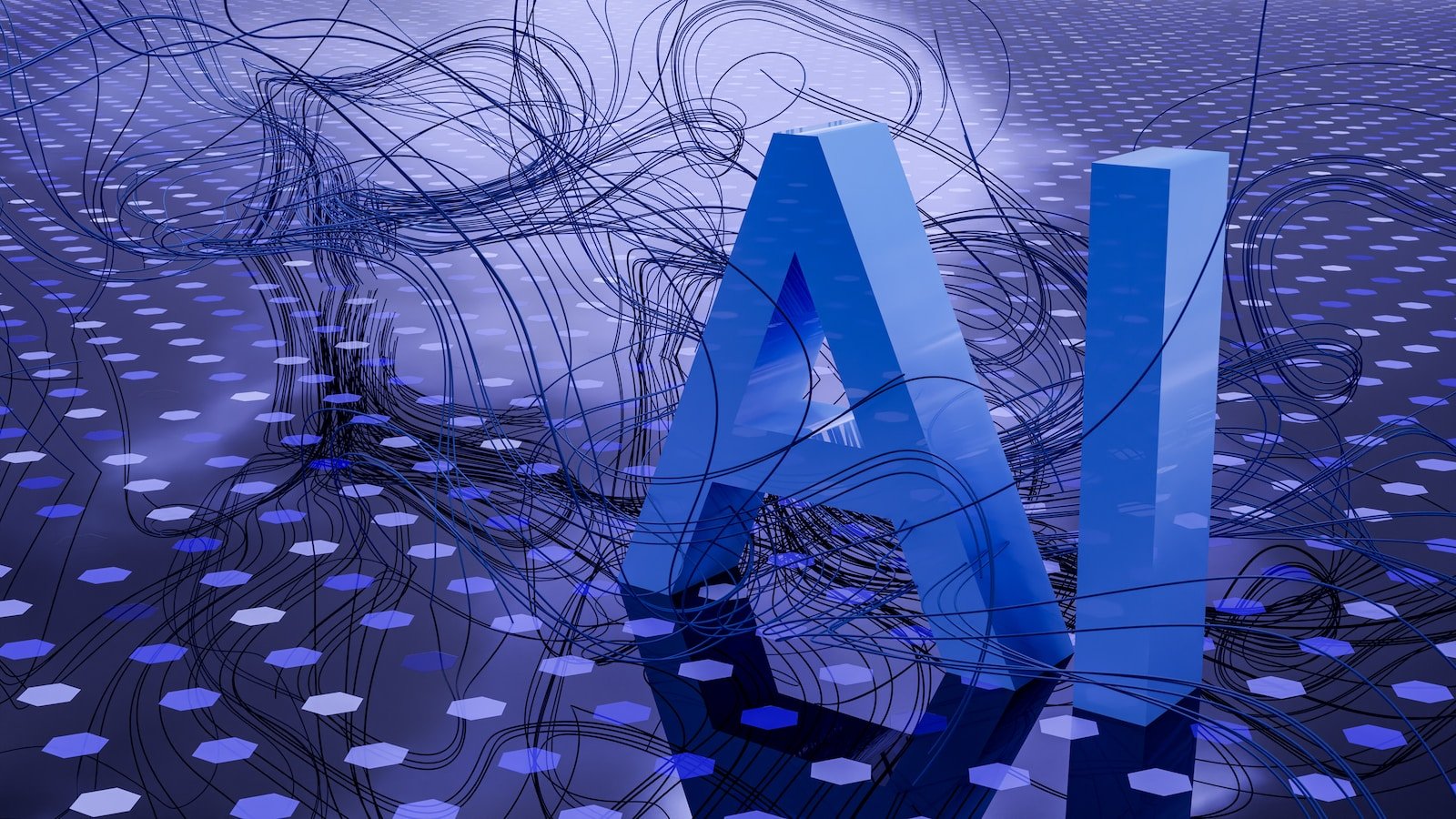You may not realize it, but artificial intelligence (AI) is revolutionizing the way pay-per-click (PPC) campaigns are managed. With its ability to analyze vast amounts of data and make real-time decisions, AI is becoming an essential tool for marketers. In this article, we will explore the role of AI in PPC management and how it is transforming the way businesses optimize their online advertising strategies. With AI’s capabilities, businesses can now reach their target audience more effectively, minimize wasted advertising budget, and ultimately achieve higher conversion rates. So, get ready to discover the incredible impact AI is having on PPC management.
Benefits of AI in PPC Management
Artificial Intelligence (AI) has revolutionized the world of pay-per-click (PPC) management, providing marketers with powerful tools to optimize their campaigns and drive better results. By harnessing the power of AI, businesses can streamline their PPC processes, enhance ad targeting, improve ad copy, automate A/B testing, streamline ad approval processes, detect and mitigate click fraud, and monitor and manage quality score. These benefits of AI in PPC management can significantly enhance the effectiveness and efficiency of campaigns, ultimately helping businesses to maximize their ROI.
Optimizing PPC Campaigns with AI
Keyword selection and bid management
One of the key benefits of AI in PPC management is its ability to optimize keyword selection and bid management. AI-powered tools can analyze vast amounts of data and identify high-performing keywords that are relevant to your business objectives. This not only saves time and effort but also ensures that your ad campaigns are targeting the right audience. AI can also automatically adjust bids in real-time, based on factors such as keyword performance, competition, and budget, ensuring that you are getting the best results for your investment.
Ad optimization
AI can also significantly enhance ad optimization in PPC campaigns. By analyzing historical performance data, AI algorithms can identify trends, patterns, and insights that can be used to optimize ad copy, visuals, and call-to-action. AI can generate personalized ads that are tailored to specific audience segments, improving click-through rates and conversion rates. With AI, you can constantly refine and optimize your ad creatives to ensure maximum impact and engagement.
Ad scheduling
Another way AI can optimize PPC campaigns is through ad scheduling. AI algorithms can determine the best time and day to display your ads, based on historical data, customer behavior patterns, and other relevant factors. By automatically scheduling your ads to appear at the most optimal times, you can ensure maximum exposure to your target audience, improving the chances of conversions and maximizing your ad spend.
Budget allocation
AI can also play a key role in optimizing budget allocation in PPC campaigns. By analyzing data on conversion rates, cost-per-click, and other relevant metrics, AI algorithms can determine the most effective allocation of your advertising budget, ensuring that you are investing in channels and campaigns that are delivering the best results. This helps you make data-driven decisions and allocate your budget where it will have the greatest impact, ultimately maximizing your return on investment.
Campaign performance analysis
AI can provide marketers with deep insights into campaign performance, allowing them to make data-driven decisions and optimize their strategies. By analyzing various metrics such as impressions, click-through rates, conversion rates, cost-per-click, and more, AI algorithms can identify trends, patterns, and anomalies that may not be immediately apparent to human analysts. This helps marketers gain a holistic view of their campaigns, identify areas for improvement, and make informed adjustments to maximize performance.
Improving Ad Targeting with AI
Audience segmentation and targeting
One of the key advantages of AI in PPC management is its ability to segment and target audiences with precision. AI algorithms can analyze vast amounts of data to identify distinct audience segments based on factors such as demographics, interests, browsing behavior, and purchasing history. This enables marketers to create highly targeted and personalized campaigns that resonate with specific audience groups, increasing the chances of conversions.
Behavioral targeting
AI can also enhance ad targeting through behavioral targeting. By analyzing user behavior data, AI algorithms can identify patterns and predict future actions, allowing marketers to deliver ads at the right time and in the right context. For example, if a user has been searching for a specific product, AI can serve relevant ads to them, increasing the likelihood of conversion. Behavioral targeting significantly improves the relevance and effectiveness of ad campaigns, resulting in higher click-through rates and better ROI.
Geographic targeting
AI-powered PPC management tools can also optimize ad targeting based on geographic location. By analyzing data on user location, IP addresses, and other relevant factors, AI algorithms can determine the most suitable geographic areas to target with your ads. This ensures that your campaigns are reaching the right audience in the right locations, increasing the chances of conversion by delivering relevant and localized ads.
Demographic targeting
In addition to behavioral and geographic targeting, AI can also improve ad targeting based on demographics. By analyzing data on age, gender, income level, and other demographic factors, AI algorithms can segment your audience and deliver tailored ads that cater to their specific needs and preferences. This level of personalization enhances the effectiveness of your ad campaigns, increasing the chances of capturing the attention and interest of your target audience.
Enhancing Ad Copy with AI
Generating persuasive ad copy
Writing persuasive ad copy is a crucial aspect of PPC management, and AI can help streamline and optimize this process. AI-powered tools can generate ad copy based on historical data, industry trends, and customer behavior. These tools use natural language generation algorithms to create compelling and persuasive ads that resonate with your target audience. By leveraging AI for ad copy generation, you can save time and effort while ensuring that your ads are effective and engaging.
Testing and optimizing ad copy
AI can also automate the process of testing and optimizing ad copy. AI algorithms can analyze multiple variations of ad copy and determine which versions perform best in terms of click-through rates, conversion rates, and other relevant metrics. This allows you to continuously refine and optimize your ad copy without the need for extensive manual testing. AI-powered testing can help you identify the most effective messaging and call-to-action, resulting in higher performance and better ROI.
Dynamic ad personalization
AI can enhance ad personalization through dynamic ad generation. By analyzing user behavior, preferences, and other relevant data, AI algorithms can automatically customize ad content and visuals in real-time, delivering personalized ads to each individual user. Dynamic ad personalization significantly increases the relevance and impact of your ads, improving click-through rates, and maximizing conversions. With AI, you can deliver tailored messages and offers that resonate with your audience, enhancing the overall effectiveness of your PPC campaigns.
Automating A/B Testing with AI
A/B testing is a critical process in PPC management, allowing marketers to compare the performance of different variations of ads, landing pages, and other elements. AI can automate and streamline the A/B testing process, saving time and effort. AI algorithms can analyze multiple variations simultaneously and quickly identify winning combinations based on conversion rates, click-through rates, and other key metrics. By automating A/B testing with AI, marketers can rapidly iterate and optimize their campaigns, resulting in improved performance and better ROI.
Streamlining Ad Approval Processes with AI
Ad approval processes can be time-consuming and manual, but AI can streamline and expedite this workflow. AI-powered tools can automatically review and analyze ad content to ensure compliance with ad policies and guidelines. This not only saves time for marketers but also reduces the risk of ad disapproval and campaign delays. AI can quickly identify any potential policy violations or issues and provide recommendations for rectifying them, ensuring that your ads are compliant and ready for deployment in a timely manner.
Detecting and Mitigating Click Fraud with AI
Click fraud is a significant concern in the world of PPC advertising, and AI can help detect and mitigate this fraudulent activity. AI algorithms can analyze click patterns, IP addresses, user behavior, and other relevant data to identify suspicious or fraudulent clicks. By detecting click fraud in real-time, AI-powered tools can take immediate action to prevent further damage and protect your ad budget. This helps businesses maintain the integrity of their campaigns and ensure that their advertising budget is invested in genuine clicks that have the potential to convert.
Monitoring and Managing Quality Score with AI
Quality Score is a critical metric in PPC management as it directly impacts your ad rank and cost-per-click. AI can play a crucial role in monitoring and managing Quality Score by analyzing various factors such as click-through rates, ad relevance, landing page experience, and more. By continuously monitoring your Quality Score, AI algorithms can provide real-time feedback and recommendations to improve your score. This helps you optimize your campaigns for better ad positioning, lower costs, and higher conversion rates.
Improving Landing Page Experience with AI
AI can also enhance the landing page experience, improving the chances of conversions. AI algorithms can analyze user behavior on your landing pages, such as time spent, scroll depth, and click patterns, to identify areas of improvement. By providing insights and recommendations, AI-powered tools can help you optimize your landing pages for better engagement and conversion rates. This includes factors such as layout, design, content, and calls-to-action. With AI, you can create landing pages that provide a seamless and engaging user experience, ultimately leading to higher conversions.
Conclusion
AI has become an indispensable tool in PPC management, offering a wide range of benefits for marketers. From optimizing keyword selection and bid management to enhancing ad targeting, improving ad copy, automating A/B testing, streamlining ad approval processes, detecting click fraud, monitoring Quality Score, and improving landing page experience, AI-powered tools enable businesses to maximize the effectiveness and efficiency of their PPC campaigns. By leveraging the power of AI, businesses can drive better results, increase their ROI, and gain a competitive edge in the digital advertising landscape. Embracing AI in PPC management is not only a smart move but a necessary one in today’s data-driven marketing ecosystem.


